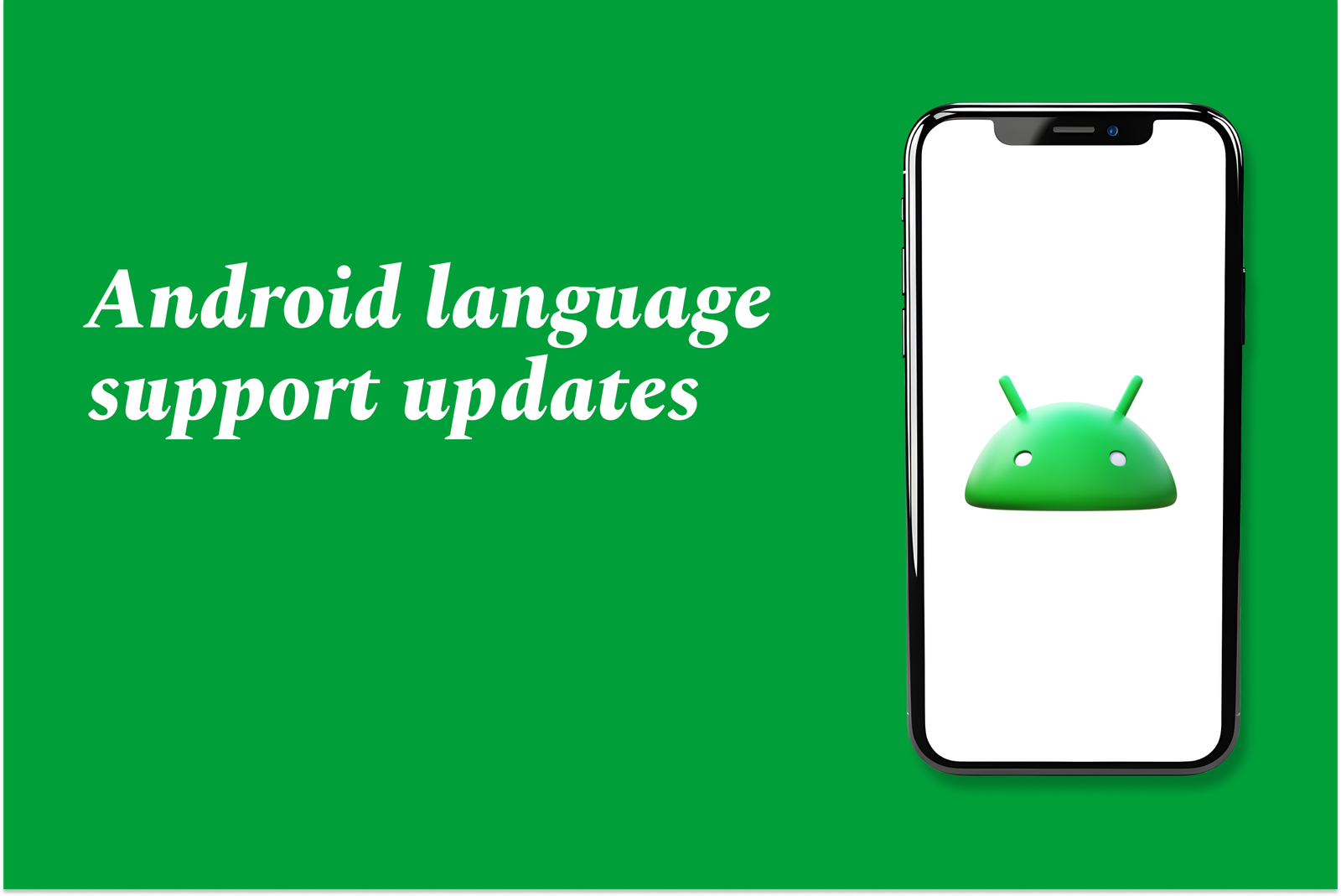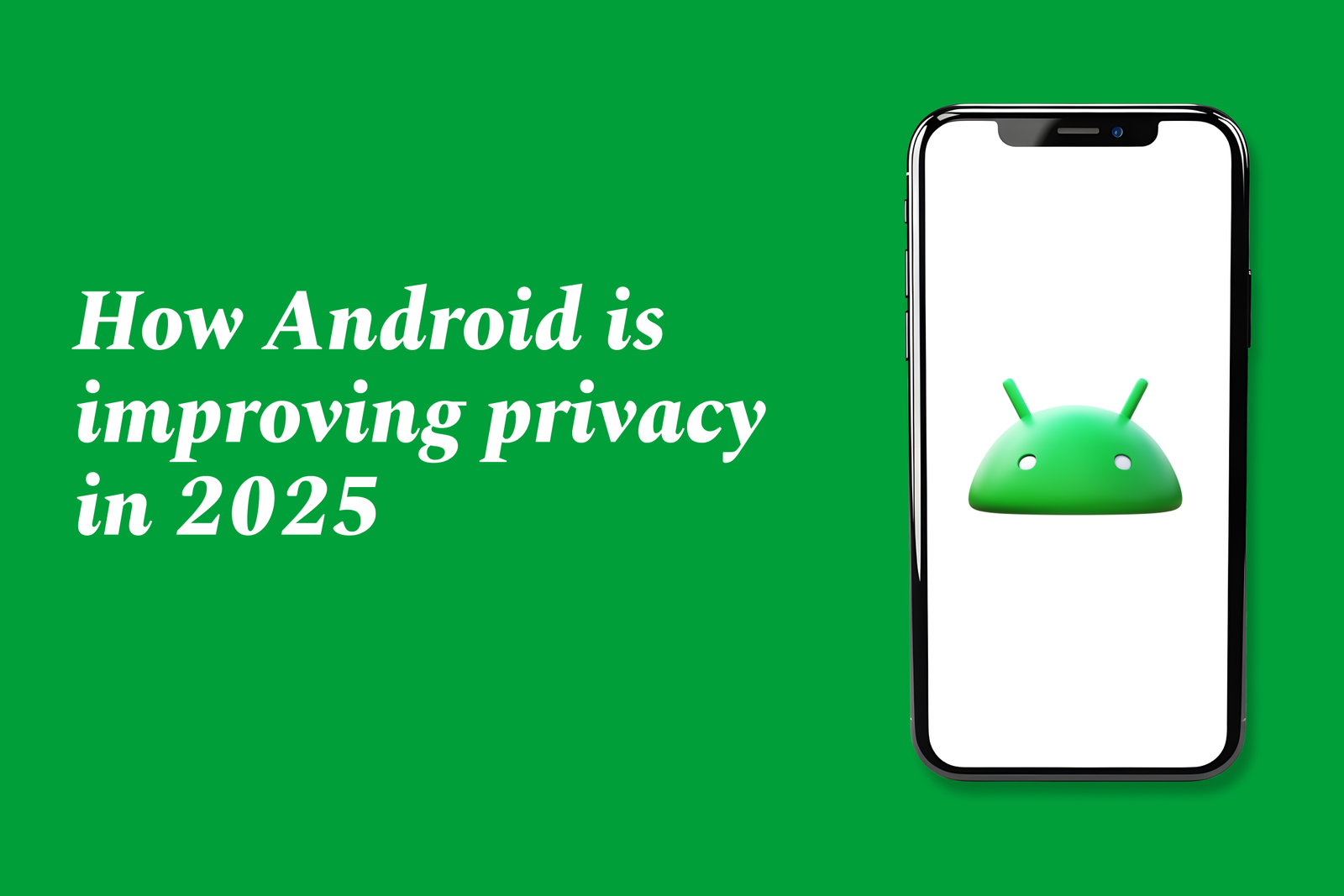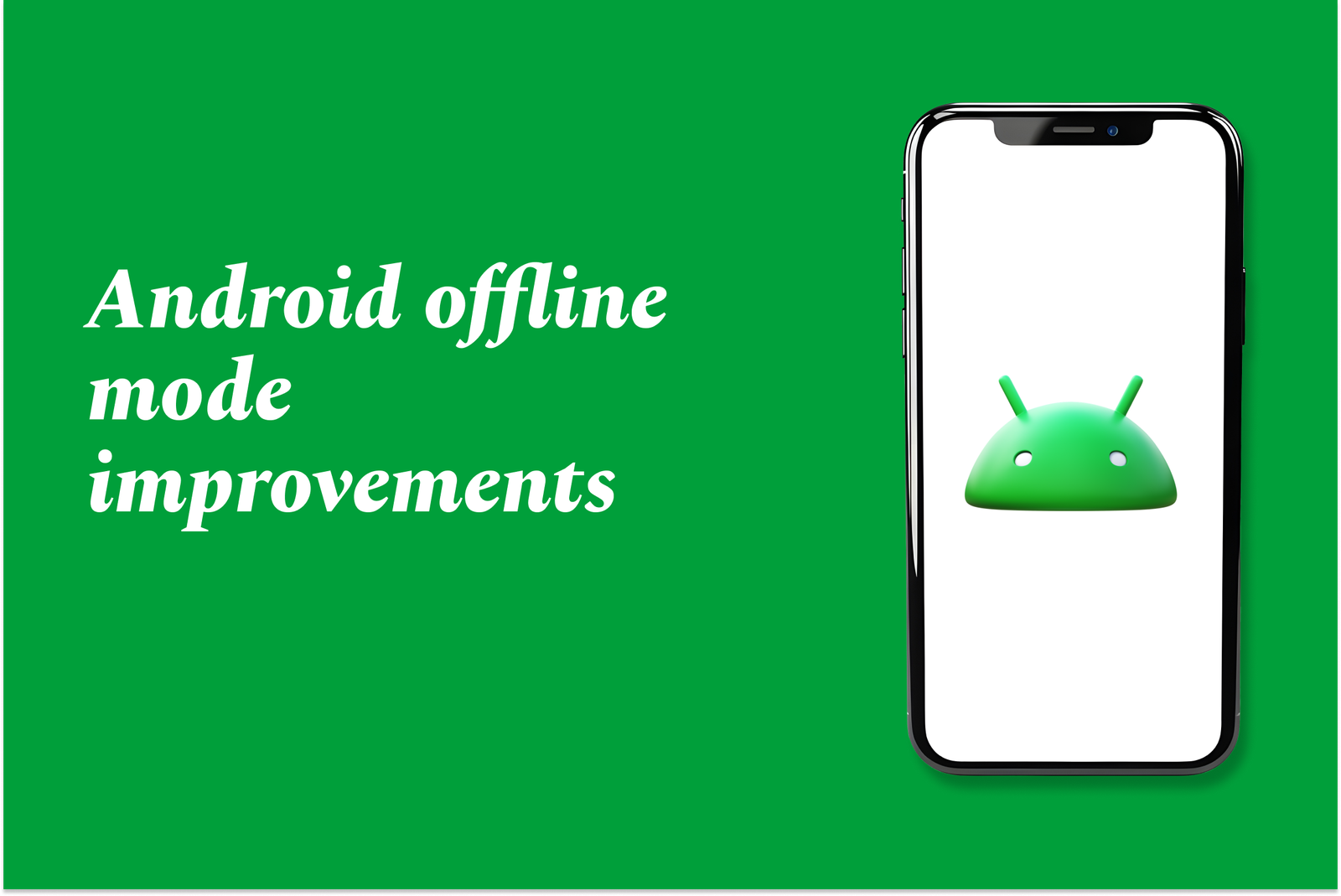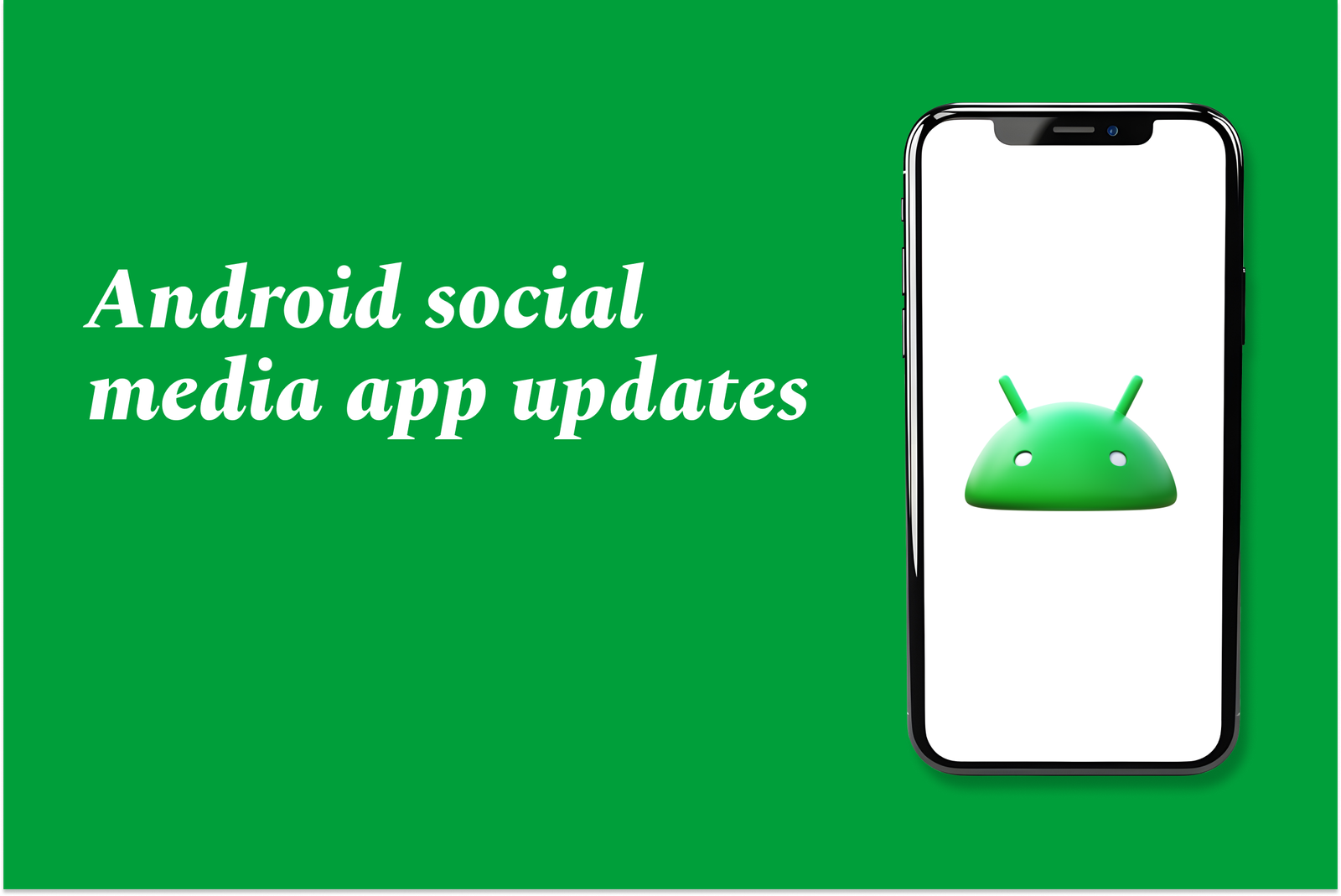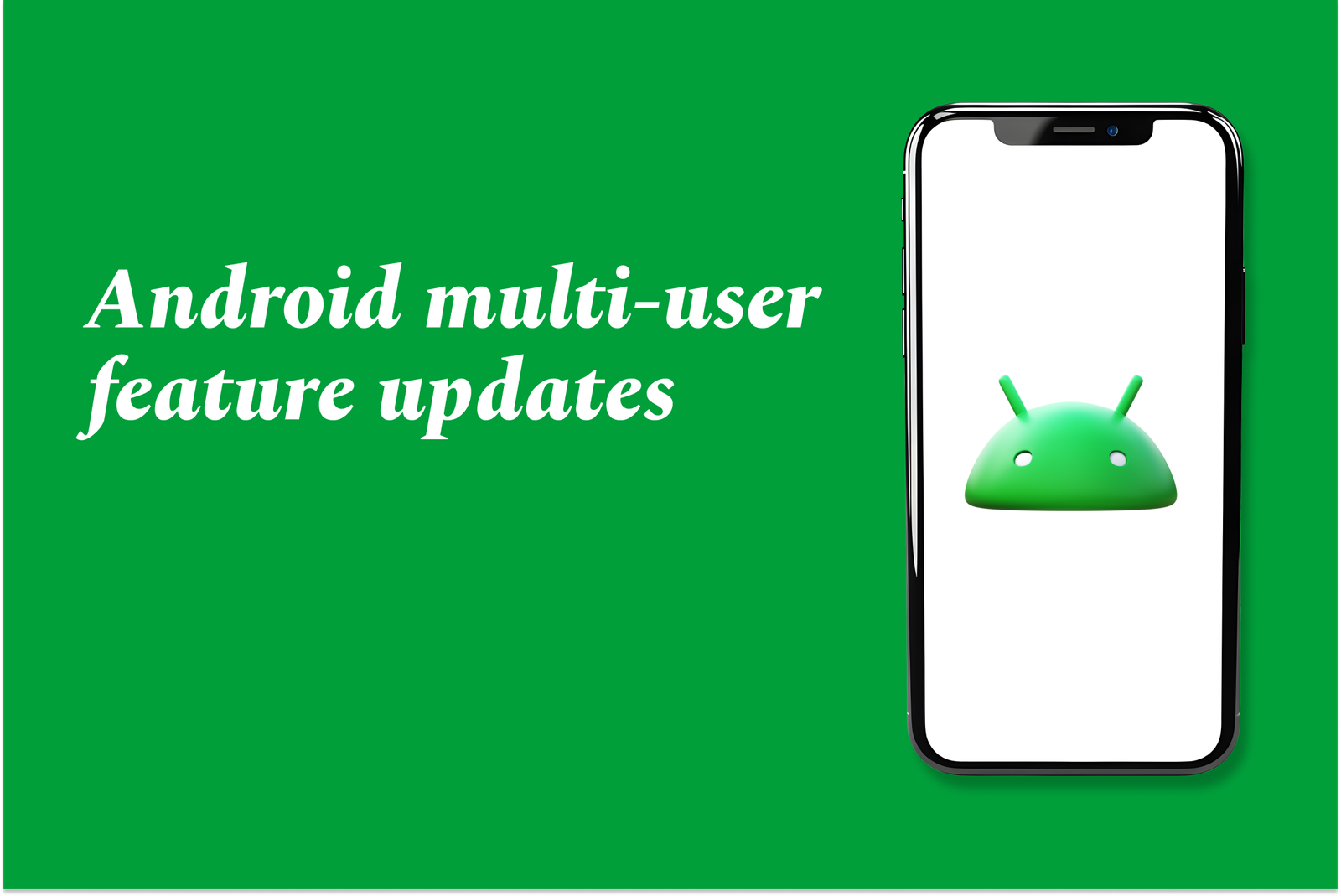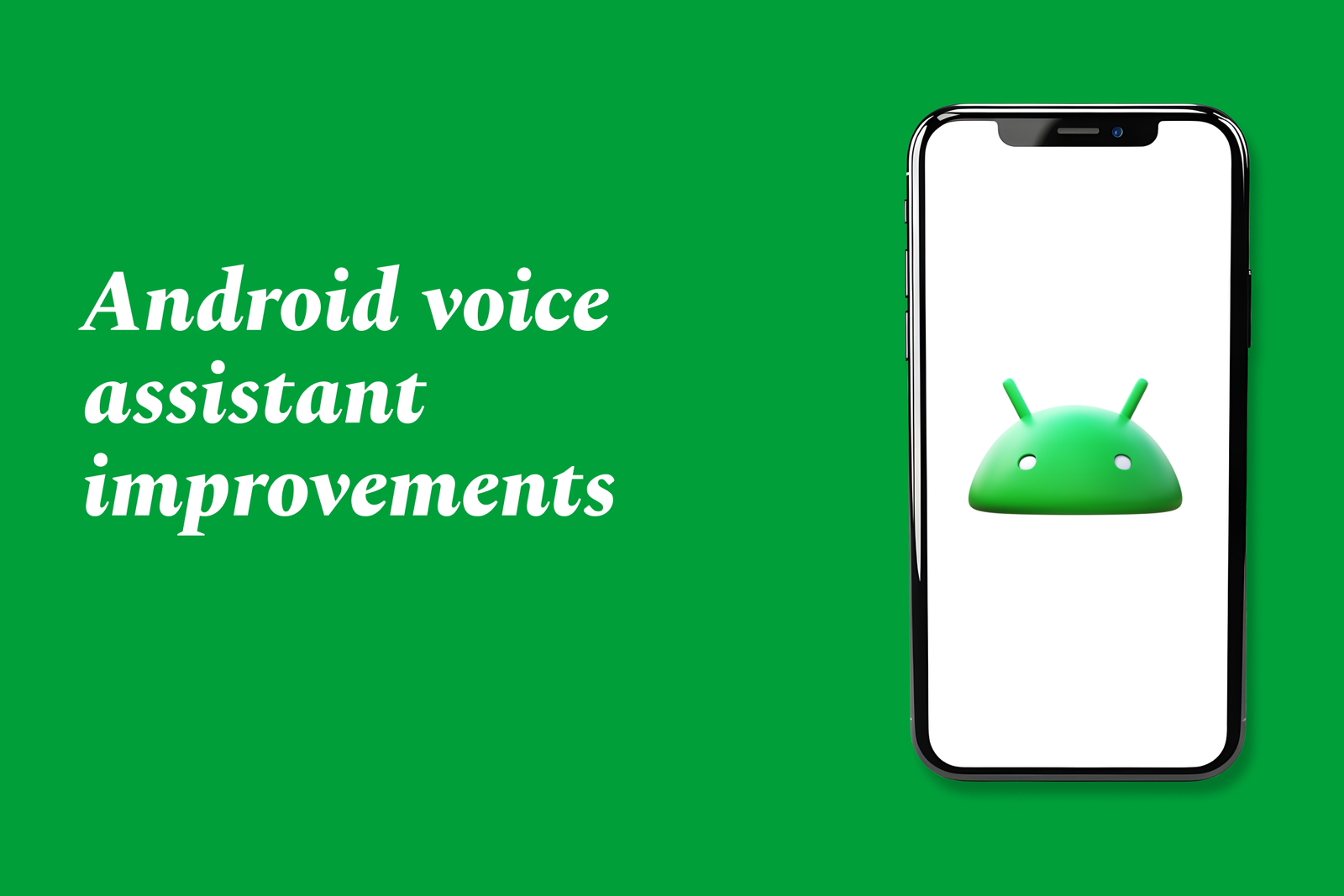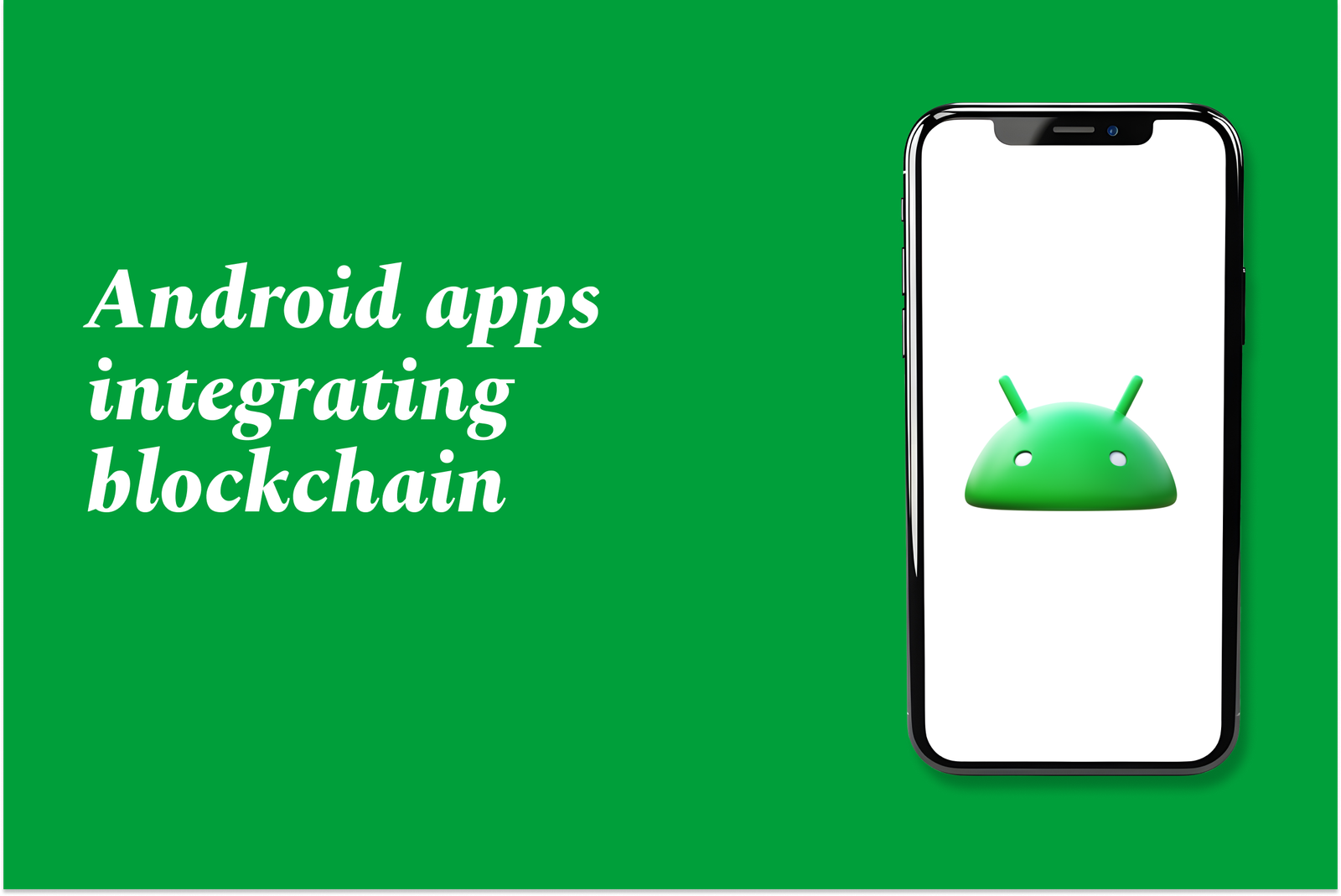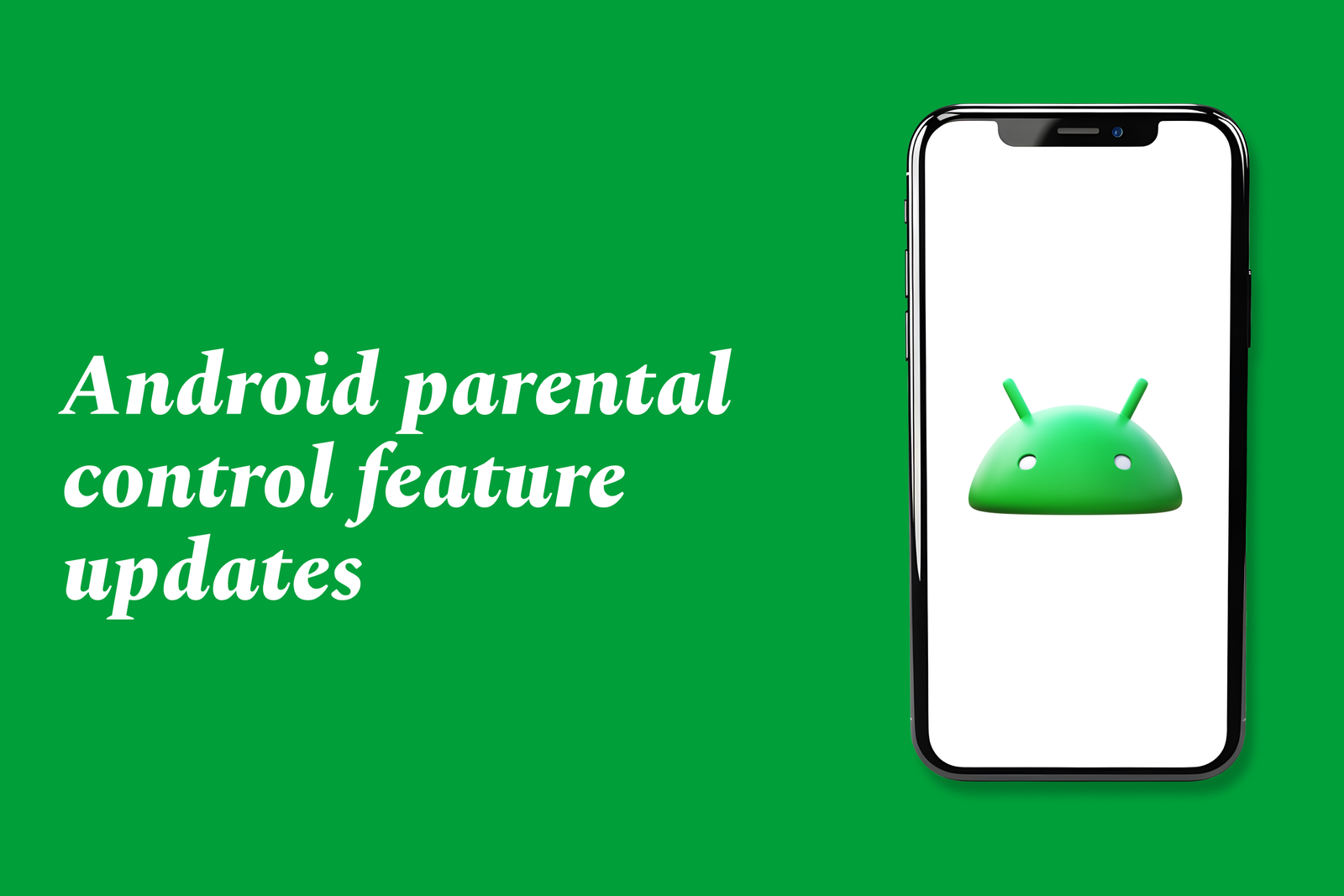Android System UI Refresh News
The Android System UI refresh updates the core interface with improved visuals and smoother interactions, enhancing user experience across devices. Recent updates bring new features but have caused some stability issues, prompting fixes while paving the way for future enhancements.
Android system UI refresh news
1 ) Background and Context
Recent updates to Android’s System UI, part of the core user interface layer, have been creating discussions and concerns among users.
The UI changes are part of broader system upgrades, with Android 15 and new One UI versions on Samsung devices leading the changes.
2 ) Reported Issues Post Update
Some users, especially on MIUI and Samsung One UI 6 or higher, have reported bootlooping and battery drainage issues after System UI updates.
These problems suggest that System UI plugin updates can affect device stability and performance significantly.
3 ) Fixes and Workarounds
Developers and community experts have shared methods to resolve bootloop problems after System UI updates without wiping device data.
These fixes focus on plugin resets and cache clearing to restore device functionality safely.
4 ) Samsung’s One UI 7 Preview
Samsung is rolling out One UI 7, which is described as the company’s best software update yet, featuring an improved and refreshed system UI.
The update aims to enhance user experience with optimized visuals and smoother interface interactions.
5 ) Developer and User Guidance
Android developers are encouraged to adapt apps to new System UI changes, focusing on optimized compatibility across various device types ranging from phones to tablets and wearables.
End users should monitor updates carefully and report any stability issues arising from UI changes.
6 ) Future Directions
Android’s UI refresh is an ongoing process, with Google providing new APIs for AI powered app development and seamless cross device experiences.
Continued improvements are expected, emphasizing better design, performance, and stability in upcoming Android releases.
https://justacademy.in/news-detail/flutter’s-growing-ecosystem:-libraries,-tools-&-trends
https://justacademy.in/news-detail/real-time-database-plugins-in-flutter
https://justacademy.in/news-detail/top-android-customization-features-this-year
https://justacademy.in/news-detail/flutter-for-startups:-quick-mvp-building-guide
https://justacademy.in/news-detail/firebase-updates-for-flutter-apps
Related Posts
Android language support updates enhance the platform by enabling modern Java 8 features like lambdas and method references within Android Studio, improving code efficiency and developer experience without needing the Jack compiler, streamlining app development and build processes.
In 2025, Android enhances privacy with stricter app permissions, improved data encryption, and advanced APIs that give users greater control over their data. System updates focus on secure media handling and transparent, developer-friendly tools to protect personal information seamlessly.
Android offline mode improvements enhance app usability by allowing users to access content and features without an internet connection. These updates enable pre-downloading data, reduce dependency on continuous connectivity, and improve user experience during travel or in low-network areas.
Google Android ecosystem partnerships unite device makers, developers, carriers, and enterprises to build a flexible, secure platform powering billions of devices worldwide. These collaborations drive innovation, expand app access, and enhance user experiences across diverse Android-powered products.
Android social media app updates enhance user experience with improved features like real-time notifications, AI-driven content discovery, expanded communities, and better multimedia support. These updates ensure smoother interactions, faster info sharing, and more personalized social networking on mobile devices.
Android health and fitness app updates focus on improved data sharing, personalized coaching, and enhanced tracking across devices. Key apps like Health Connect, Samsung Health, and Google Fit offer better privacy controls, seamless integration, and support for diverse wellness goals.
Android's multi-user feature lets multiple people have separate profiles on one device, keeping data and apps separate. Recent updates improve user switching, address bugs like Wallet issues, and optimize performance by suspending inactive profiles for smoother multitasking.
Android voice assistant improvements enhance hands-free control by integrating smarter, more natural voice commands in Android Auto and CarPlay. Upgrades include better music navigation, AI-powered icon recognition for accessibility, and solutions for seamless connectivity, boosting safety and usability.
Android apps integrating blockchain leverage decentralized technology to enhance security, transparency, and trust in transactions and data management. These apps enable secure payments, identity verification, and supply chain tracking, revolutionizing mobile experiences across industries.
Android parental control updates enhance child safety by offering real-time monitoring, app notifications sync, screen time limits, app blocking, precise GPS tracking, and location alerts, enabling parents to manage and protect their children's device usage more effectively and securely.

